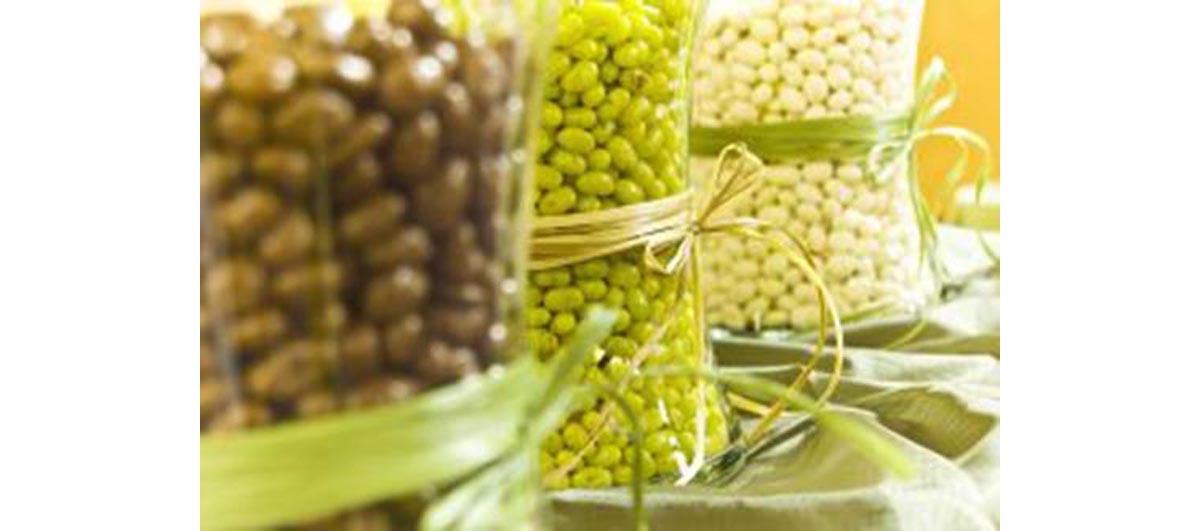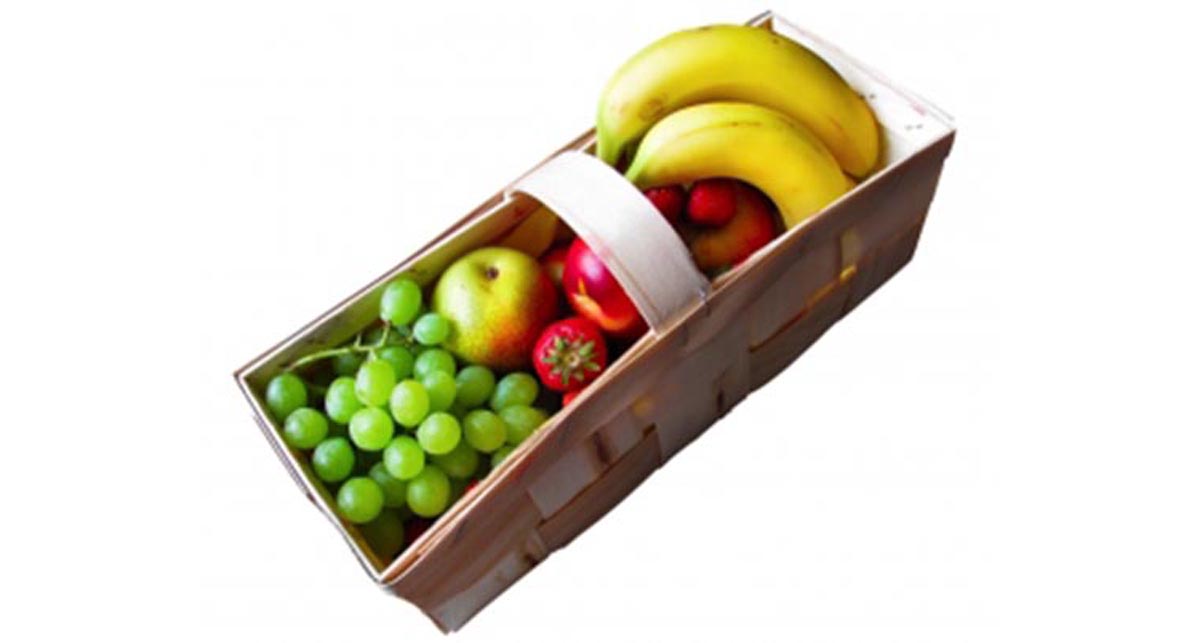Lack of sleep—insomnia—can be caused by any number of factors. For some, these factors can be psychological—such as worries and anxieties that keep you awake and can wake you up. For others, there are medical reasons such as sleep apnea , some medications and some chronic conditions, especially if pain is involved, that can prevent you from getting enough sleep. Older people have greater difficulty getting enough sleep as well. Sleep problems can stem from the work you do and when you do it. It is ironic that the physicians to whom we go to for advice on sleep disorders are very often sleep deprived themselves! I know I am!
So, what can we do about lack of sleep? The first thing to do is to get checked out for a medical or psychological condition. Yes, I know I just said that most physicians are sleep deprived as well, but that doesn’t mean they can’t help! You need to rule out a treatable condition. There are, however, simple things to do that can help you get more sleep—and the simplest thing to eat “snooze foods” before bedtime!
Snooze Foods Contain the Sleep-Inducing Amino Acid Tryptophan
Any food that contains the sleep-inducing amino acid, tryptophan, is a member of the “snooze foods” family and can help you get to sleep easier—and stay asleep longer. Tryptophan works as chronic insomnia treatment can be used by the body to make serotonin and melatonin—and THESE are the substances that help you sleep!

- Dairy products including cottage cheese, hard and soft cheeses, milk and yogurt
- Soy products including soy milk, tofu and soybean nuts
- Poultry, especially turkey
- Seafood such as fish (tuna, especially), oysters, clams and shellfish
- Meats such as beef, pork, lamb and goat
- Beans, brown rice, hummus
- Lentils, chickpeas
- Whole grains
- Hazelnuts, peanuts, soybean nuts
- Eggs
- Seeds such as sesame, pumpkin and sunflower seeds
But, its not as easy as just snacking on high tryptophan foods to get a good night’s sleep—because the tryptophan may not be able to easily cross something known as the Blood Brain Barrier (BBB). The BBB is there to protect our brain—it acts as a sort of sieve, keeping some things out of the brain and letting other substances through. To get tryptophan from your foods into the brain, the way to do it is to minimize the “competition” that tryptophan has to cross the BBB.
READ Lack of Sleep Increases Weight Gain
Getting Tryptophan To Cross The Blood Brain Barrier
For sleep, you want to get some complex carbohydrates (generally, this means unprocessed, whole foods) with enough protein to give you enough tryptophan. Another reason to go for the complex, unprocessed carbohydrates is that these can help minimize the “peaks and valleys” that your blood sugar goes through—you don’t want your brain to wake you up because it is sensing a need for fuel! And, when you eat the complexed carbohydrates, more insulin is secreted and that ends up removing more of the amino acids that might compete with tryptophan—and allows more tryptophan to enter the brain. Don’t eat too heavy a snack before bedtime, either.

- Fruits such as bananas, apricots, raisins and cantaloupe
- Foods such as leafy greens, avocados, artichokes, potatoes
- Legumes and nuts
So, putting it all together, one snack you might have an hour or so before you want to get to sleep is a spinach salad sprinkled with sunflower seeds and garnished with avocado slice. And, you can have a banana, raisins or apricots on the side with a few tablespoons of cottage cheese! A whole lot better than a bag of chips—more work to prepare, but a whole lot better!
- www.sleepfoundation.org/article/white-papers/how-much-sleep-do-adults-need
- Tibbitts GM - Prim Care - Sleep disorders: causes, effects, and solutions. 01-DEC-2008, 35(4): 817-37
- Wickwire EM - Insomnia and sleep-related breathing disorders. Chest - 01-JUN-2010, 137(6): 1449-63
- Ahmed QA - Effects of common medications used for sleep disorders. bCrit Care Clin - 01-JUL-2008, 24(3): 493-515, vi
- Parish JM -Sleep-related problems in common medical conditions. Chest - 01-FEB-2009, 135(2): 563-72
- Harrington JJ - Sleep and older patients. Clin Chest Med - 01-DEC-2007, 28(4): 673-84 v
- Wolkove N - Sleep and aging: 1. Sleep disorders commonly found in older people. CMAJ - 24-APR-2007, 176(9): 1299-304
- Olson EJ - Sleep deprivation, physician performance, and patient safety. Chest - 01-NOV-2009, 136(5): 1389-96
- Institute of Medicine : Resident duty hours: enhancing sleep, supervision, and safety. Accessed 11/10. Available at: http://www.iom.edu/residenthours

